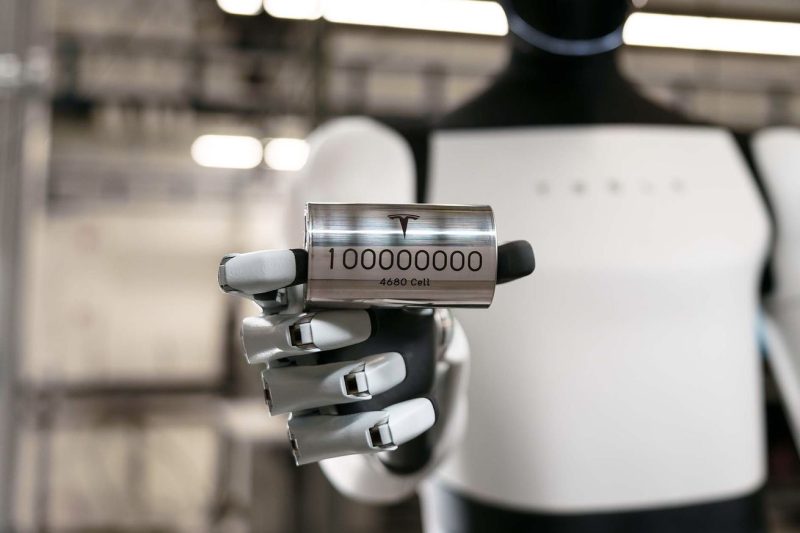The advancement of electric vehicles and clean energy technologies has been gaining momentum in recent years. One of the key components in the electric vehicle market is the development of high-performance batteries. Tesla, led by the visionary Elon Musk, has been at the forefront of pushing the boundaries of battery technology with its innovative 4680 cells. However, there has been speculation regarding the reliability and potential failure of these large-format cells.
The world’s biggest battery maker, Contemporary Amperex Technology Co. Limited (CATL), has expressed concerns about Tesla’s 4680 cells, suggesting that they may not meet the high standards needed for mass production. While CATL acknowledges the technological advancements that Tesla has made with the 4680 cells, it has raised valid points about the challenges and risks associated with producing these larger batteries in high volumes.
CATL’s skepticism stems from the complexity of manufacturing the 4680 cells at scale. The increased size and energy density of these cells present manufacturing challenges that Tesla will need to overcome to ensure the safety and reliability of its battery packs. Any failure or performance issues with the 4680 cells could have significant implications for Tesla’s electric vehicles, as well as the broader adoption of electric vehicles in the market.
Despite CATL’s reservations, Tesla remains confident in the potential of its 4680 cells to revolutionize the electric vehicle industry. Elon Musk has emphasized the importance of pushing the boundaries of battery technology to achieve longer range, higher performance, and lower costs for electric vehicles. The 4680 cells are central to Tesla’s ambitious plans for its future vehicle lineup, including the highly anticipated Tesla Cybertruck and Tesla Semi.
While the concerns raised by CATL highlight the challenges and risks associated with pioneering new battery technologies, they also underscore the importance of rigorous testing and validation processes in the development of cutting-edge battery solutions. Tesla’s collaboration with CATL and other battery manufacturers will be crucial in addressing the technical hurdles and ensuring the success of the 4680 cells in the market.
In conclusion, the debate surrounding Tesla’s 4680 cells reflects the complexities and uncertainties inherent in the development of next-generation battery technologies. While CATL’s skepticism raises valid points about the challenges of scaling up production, Tesla’s commitment to innovation and pushing the boundaries of battery technology remains unwavering. The successful implementation of the 4680 cells could mark a significant milestone in the transition to a sustainable energy future powered by electric vehicles and renewable energy sources.
